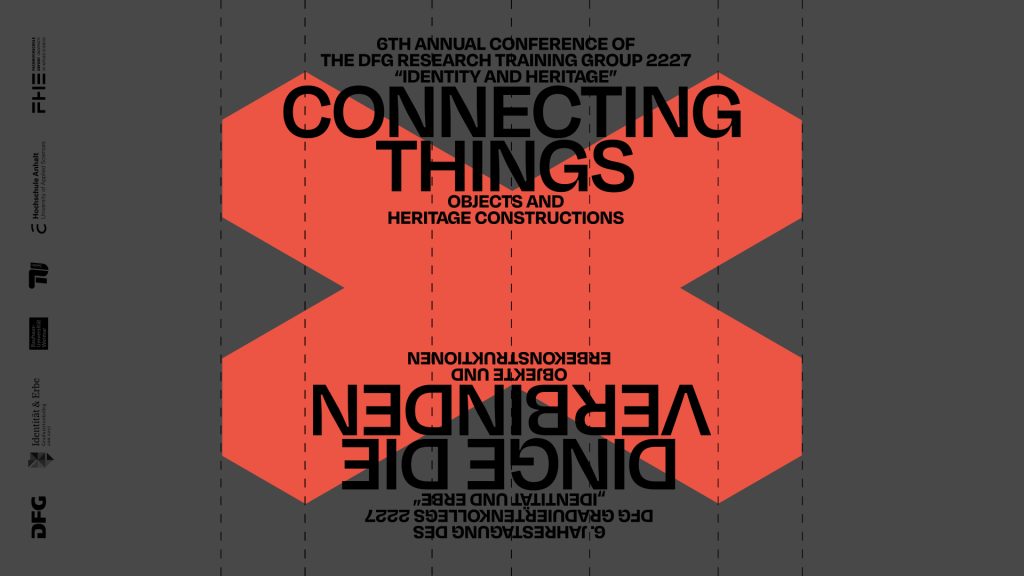24.11.2022
10:00
This year’s conference focuses on the objects that come into view when researching identity and heritage constructs: when things are ascribed symbolic meaning, and often multiple and potentially conflicting meaning, they can become relevant as ‘heritage’ for perceptions of commonality and self. In other words, narratives that inform heritage references are linked to certain forms of materialisations; among them, artefacts, built structures, places, photographs, images, or texts. What insights can a focus on such things yield about present-day references to the past? For example, how things come to be considered significant, irrelevant or offensive by certain actors, whether they carry fixed socio-cultural meanings, and what role they play in the formation of new or as yet under-recognised constructs of heritage? This perspective becomes increasingly important as interest in heritage constructions emerging from (formerly) non-authorized discourses grows; not only because more […]
Weiterlesen…